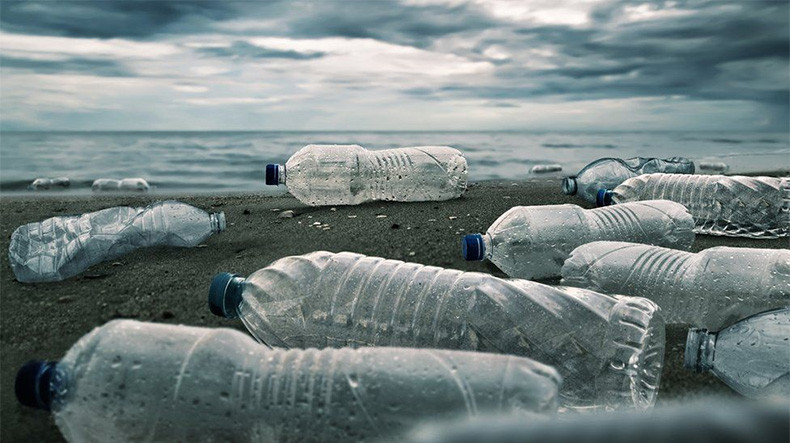
Plastic crisis needs robust UN treaty, report says
Pollution from plastics is a global emergency in need of a robust UN treaty, BBC News says, citing a report.
The Environmental Investigation Agency (EIA) says there's a cascade of evidence of harm from plastics.
It argues that the plastic pollution threat is almost equivalent to climate change.
The air we breathe now contains plastic micro particles, there’s plastic in Arctic snow, plastic in soils and plastic in our food.
It's reported, for instance, that about 20 elephants in Thailand have died after eating plastic waste from a rubbish dump.
The authors urge nations to agree a UN treaty with binding targets for reducing both plastic production and waste.
"There is a deadly ticking clock counting swiftly down," said the EIA’s Tom Gammage.
"If this tidal wave of pollution continues unchecked, the anticipated plastics in the seas by 2040 could exceed the collective weight of all fish in the ocean."
The United Nations has identified three existential environmental threats - climate change, biodiversity loss and pollution - and concluded that they must be addressed together.
Multilateral agreements on biodiversity loss and climate have existed for nearly 30 years (although they have failed to halt CO2 emissions or protect the natural world).
The idea of a dedicated plastics treaty has been opposed by some nations in recent years.
But more than 100 countries, including the UK, are said to favour a treaty being proposed at the next UN Environment Assembly in February and March.
Newsfeed
Videos






























